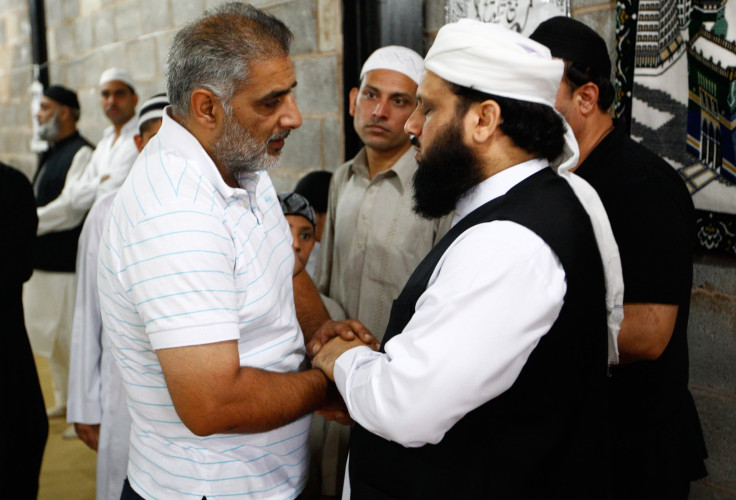Racism In The UK: Women Bear Brunt Of Isolation In Segregated Communities; Report Calls For Integration To Preserve British Society

Louise Casey, who authored a government report that found isolated communities, especially Muslim communities, need to be integrated to preserve national cohesion in Britain, defended her conclusions Monday, saying the problems no longer can be ignored.
Casey, who was asked to examine the issue by then-Prime Minister David Cameron last year, recommended efforts be intensified to integrate these communities to prevent Muslim extremists and far-right political forces from being able to claim modern British life is incompatible with Islam.
The report examined 682 electoral wards with nonwhite populations of more than 40 percent, focusing on Muslim and Hindu communities where women were twice as likely not to speak English as men.
Casey concluded women and children often bear the brunt of this isolation, and said efforts need to be made to educate the men in these communities on the importance of integrating with the greater society.
“At the end of the day it is not the women in those communities that I have a problem with,” she told the BBC. “It is the men in those communities. It is the misogyny and the patriarchy that has to come to an end.”
Immigration to Britain has doubled since 1997. The report called for increased English classes to be made available and for schoolchildren to be taught British values.
“Black boys [are] still not getting jobs, white working class kids on free school meals still [are] doing badly in our education system, Muslim girls [are] getting good grades at school but no decent employment opportunities — these remain absolutely vital problems to tackle and get right to improve our society,” Casey said in her forward.
“But I also found other, equally worrying things including high levels of social and economic isolation in some places and cultural and religious practices in communities that are not only holding some of our citizens back but run contrary to British values and sometimes our laws. Time and time again I found it was women and children who were the targets of these regressive practices. And too often, leaders and institutions were not doing enough to stand up against them and protect those who were vulnerable.”
The Guardian noted the report mentions Muslims 249 times but refers to Polish communities only 14 times.
Sayeeda Warsi, the first Muslim to sit in the Cabinet, said the statistics in the report are out of date, charging the focus on Muslim women is unjustified, noting white women are more likely to be the victims of domestic abuse.
The report confuses race , ethnicity, origin and faith- uses them interchangeably #Casey review
— Sayeeda Warsi (@SayeedaWarsi) December 4, 2016
White women most likely to be victims of domestic abuse - yet no recommendations for protection and support......however .....
— Sayeeda Warsi (@SayeedaWarsi) December 4, 2016
Bana Gora, chief executive of the Muslim Women’s Council told the Guardian it is unfair to conclude the Muslim community is “self-segregating.” Rather, the broader picture needs to be examined, including racism.
“We need to improve integration, and it needs to involve the active participation of all Britons, not just Muslims,” said Harun Khan, secretary-general of the Muslim Council of Britain, adding the media provides an echo chamber that “amplifies the misconception that Muslims and their faith are incompatible with life in Britain.”
Shaista Gohir, chair of the Muslim Women’s Network, said many factors fuel segregation, citing “white flight” when Muslim families move into areas.
But Chuka Umunna, member of Parliament representing Streatham, backed the report.
“The fact people live parallel lives in modern Britain has been swept under the carpet for far too long and deemed too difficult to deal with, which has left a vacuum for extremists and peddlers of hate on all sides to exploit,” he told the Evening Standard.
© Copyright IBTimes 2024. All rights reserved.






















